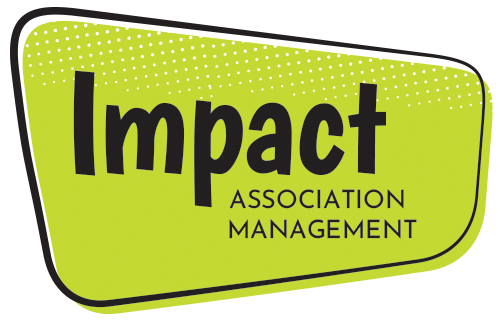Taking steps to improve the accessibility of your services and offerings can make a huge impact for your members, and ultimately improve your association’s member engagement and retention. Even small actions, like including closed captioning on the videos you upload to your YouTube page or website can significantly improve member experience.
Since partnering with the National Association of Interpreters in Education (NAIE), the Impact team has learned a lot about the deaf community and how we can change our standard practices to be more inclusive and accessible. In honor of Deaf Awareness Month, here a few tips and tricks we have learned from NAIE about communicating with deaf people.
Interpreters facilitate communication between English and American Sign Language. Because of the nature of interpreting, there is a slight "lag" time for the information. It is common to feel uncomfortable or awkward during that "dead air" space. You may find yourself feeling the need to fill the silence, however, it's important to allow for that time so a message can be effectively interpreted. If you ask a question, give people a minute to respond due to this delay.
Always share your camera on a call. This helps with visual cues for turn-taking. Interpreters will establish some turn-taking ground rules at the start, for example, raising your hand and waiting to be acknowledged before speaking.
Interpreters might need a break depending on the demands of the meeting and communication. Because of this, it is common for interpreters to take turns and switch throughout the hour.
When in a meeting with deaf participants, make sure you are talking directly to them as if the interpreter wasn't there. For example, if you want to acknowledge David or ask a question directly to him you would say "David, I have a question about.....suchandsuch" and NOT "Interpreter, can you tell David that I have a question about....."
Deaf people should only be referred to as "deaf" or "deaf and hard of hearing" (avoid terms like "hearing impaired" or "hearing loss"—these can be offensive to many deaf people).
Be it your association’s website, meetings and events, or member benefits, finding ways to make your services and offerings more accessible to members from all communities and backgrounds should be a top consideration in the planning and execution. Thank you to the NAIE for continuing to share your tips and tricks with our team! Learn more about the NAIE and all of our clients.

